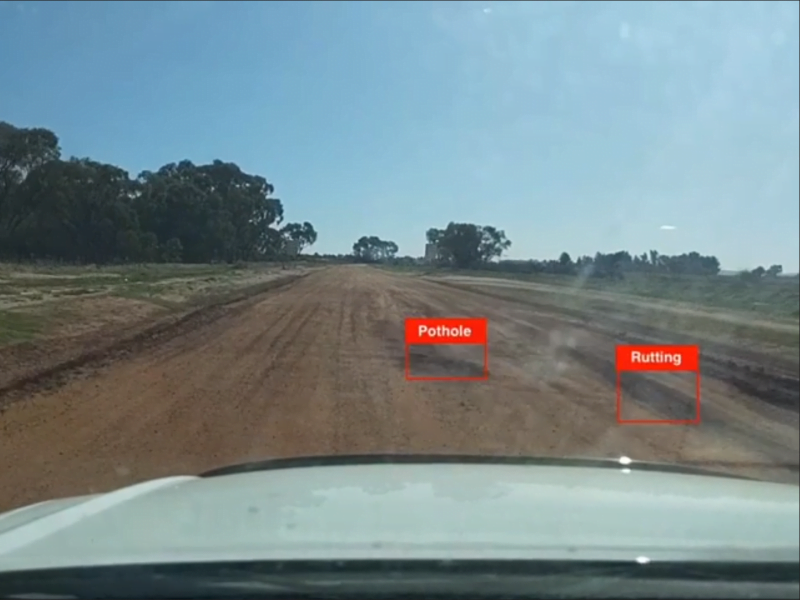Deloitte has been contracted for $1.86 million to advance the next stage of Transport NSW’s pothole detecting platform Asset AI, which is initially being rolled out to two local government areas.
The Asset AI software platform is designed to collect and highlight data on the condition of road infrastructure. It is fed data captured by cameras and sensors mounted on public transport or council vehicles, which is combined with weather data.
Once sufficient data is collected, the platform can predict critical safety issues like damaged signage, faded line markings, potholes and rutting, and rate their severity and risk-level.
The trial stage will take place in Griffith and Canterbury-Bankstown with the installation of six AI cameras on the dashboards of street sweeping vehicles in each local government area (LGA).
Local councils usually undertake road audits every three-to-five years, but Asset AI has the potential to provide fortnightly snapshots.
While designed and developed by Deloitte, the intellectual property of the platform and code is owned by Transport NSW, which is managing the project in partnership with the NSW and ACT Institute of Public Works Engineering Australasia’s Roads and Transport Directorate.

Finnish firm Vaisala and Brisbane-based Retina Visions were contracted earlier this year to provide six AI cameras each, to be equally distributed across the two trial LGAs. The mobile devices and software enable the detection and labelling of damage to road infrastructure.
Funding for the contracts with Deloitte, Vaisala, and Retina Visions comes from the $2.9 million allocation through the former state Coalition government’s $47 million Smart Places Acceleration Program, a part of the Digital Restart Fund.
The contract with Transport NSW began on May 5. The first year of the contract will be for development and deployment of the Asset AI software platform in a trial stage, while in the second year Deloitte will support the transition of the platform into council systems.
Over 14 months, Vaisala is being paid around $219,000 while Retina Visions is being paid $172,000.
A plan for the rollout of Asset AI to all LGAs in New South Wales will be developed next year depending on the success of the trial phase. It had been expected that the platform would be available to all LGAs by later this year after the project’s first phase in June 2022.
At the completion of the first phase of the Asset AI program, sensors had been deployed on 32 public buses owned by Transport NSW in the Greater Sydney area.
Canterbury-Bankstown is the primary council partner and was the site of a pre-trial undertaken in 2021.
Other councils that have expressed interest in being involved in the development of Asset AI include Georges River, Blayney, Central Coast, Liverpool, Wingecarribee, Warren Shire, Liverpool Plains, Tamworth, Wollongong, Murray River, and Shoalhaven.
New South Wales’ minister for Roads John Graham said that the platform would help “cut costs, accelerate maintenance, and prioritise safety”.
“The data to fuel the machine-learning will be gathered from Canterbury-Bankstown and Griffith so that we are sure the software meets the needs of regional and metropolitan councils in New South Wales,” Mr Graham said.
State Regional Transport and Roads minister Jenny Aitchison highlighted the benefits of the Asset AI platform to regional councils, which have the challenge of auditing and maintaining “large sprawling road networks”.
“Last year’s extreme rainfall highlighted the battle regional councils face tracking and prioritising work in the wake of natural disasters. With this platform they can get a snapshot within a day of what has been impacted, as well as a recommendation of where to send crews first,” Ms Aitchison said.
Do you know more? Contact James Riley via Email.

